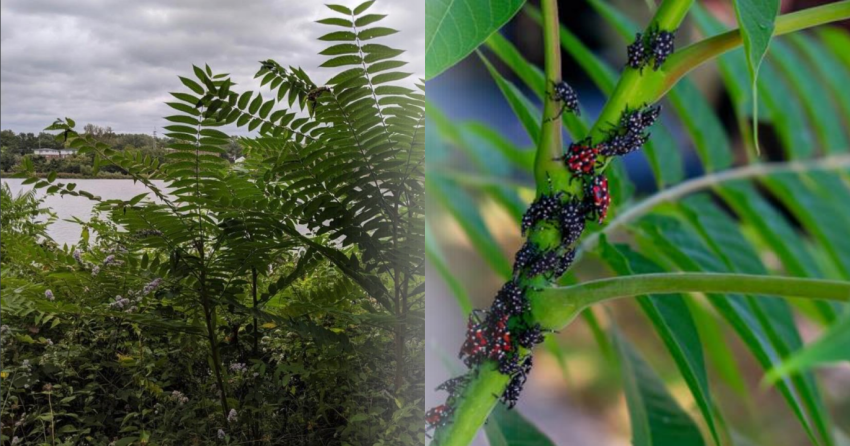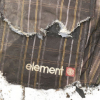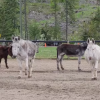The Regional District of Central Okanagan Regional board gave three readings to the Noxious Weed Control and Noxious Pest and Insect Control bylaws to ban three trees and an insect as a precautionary measure.
During last week’s regular meeting, the board was told that the Tree of Heaven is a very fast-growing, invasive plant that is native to China and is a popular shade tree.
Chief Bylaw Enforcement Officer Dan Maja said that the tree can release many seeds when their leaves drop and it can spread quickly when cut because it rapidly growing through shoots.
“It actually injects toxins into the soil so that helps it outcompete native species,” he said, adding that the shoots and plant itself can easily grow through asphalt roads, sidewalks, concrete foundations, sewer systems and can reach 30 metres in height.
Maja told the board including the plant in the bylaw will allow bylaw officers to actively enforce against the planting of the Tree of Heaven, which is also the preferred host for the “extremely hazardous” spotted lanternfly.
He said preemptively including the spotted lanternfly in the bylaw will allow for future action.

“This aligns with our mandate of protection and enhancement of the wellbeing of the community in relation to the natural environment, wildlife, agriculture, forestry and property owners in the service area,” said Maja.
Although the insect is not present in BC it has been detached near the wine-growing region in Niagara, Ontario and over 11 states in the US, two of which border Canada.
According to the report, the spotted lanternfly can cause widespread damage by feeding on plant sap and travelling between host plants such as grapes, apple, and other stone fruit trees; all of which flourish across BC’s southern Interior.
Additionally, the board voted to include the Siberian Elm and the Russian Olive trees in the Noxious Weed Control bylaw.
The Russian Olive can survive dry conditions and cold temperatures, allowing it to outgrow and crowd native species while the Siberian Elm has a high seed germination rate, allowing it to rapidly establish itself along roads, waterways and in grasslands.
The City of Kelowna added all three plants to its Tree Protection Bylaw in 2022 while the District of Lake Country began removing the trees from Carr’s Landing and Okanagan Centre in October 2022.
Although the bylaw is effective immediately, Maja told the board that they will work with homeowners to educate them on how to manage the trees if they have them on their property and best practices to remove the plant.
“Education is always the goal of bylaw,” Maja said.
The bylaw will apply to all Central Okanagan municipalities, except the City of West Kelowna which is not included in the RDCO’s weed control program.

















